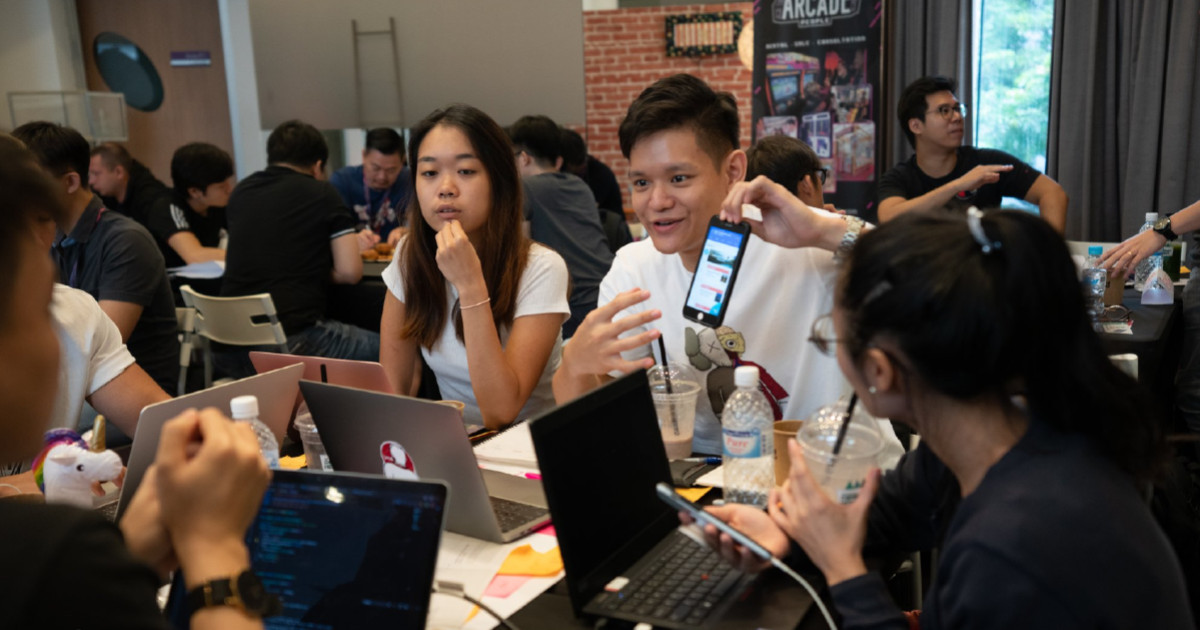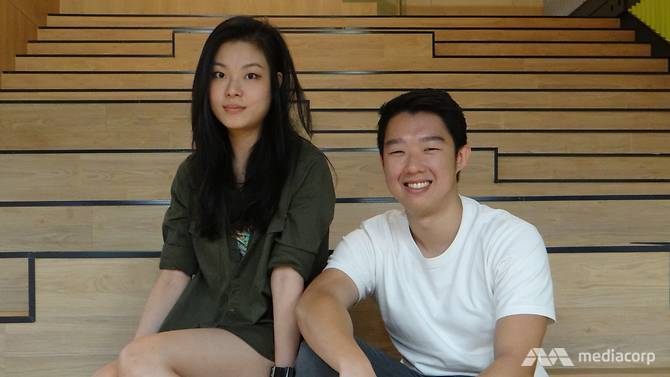Going on dates with strangers might give mum and dad nightmares but it has paid off for some who are looking for a new way of finding love.
More than 600 individuals – mostly young adults in their 20s and 30s – have signed up for “blind dates” arranged by Kopi Date.
The company, which was registered in July, is the brainchild of National University of Singapore (NUS) engineering graduate Liu Zhiqun and Ms Lee Jing Lin, a graduate from Lasalle College of the Arts, who came up with the idea last year. Both of them became a couple in June.
Kopi Date sets up dates for singles to meet over a cup of coffee, hoping they eventually hit it off – if not immediately, then over time. It has had about 600 sign-ups and arranged about 120 dates, each lasting about two hours. About 60 per cent of its users are male and the rest female. About 60 per cent are aged 23 to 33.
Mr Liu says: “We started as a mini-experiment and we put up posters at popular spots in NUS. Suddenly we had more than 100 sign-ups.”
Users provide details about themselves, including their hobbies, occupation, and even their Instagram or LinkedIn profile. They pay a fee of about $40 for a date, which covers the matching service, a beverage and an ice-breaker kit.
“The more details you tell us about yourself, the easier to match you. People usually say they like travelling, reading or pets, but we try to prompt them to give more unique details,” says Mr Liu, 27.
“Even if they don’t find an ideal person, it helps them have the experience of reaching out and knowing what you’re looking for or not.”
About 70 per cent of the couples who have gone on their first dates have stayed in touch.
Mr Liu, a product manager, and Ms Lee, a 25-year-old graphic designer will quit their full-time jobs next month to work on Kopi Date. They think they have found a “sweet spot” between online dating apps and a more natural way of forming relationships.
Ms Lee says sometimes people turn out to be different from the online persona they have. “Finding matches online is like a game you’re trying to play, which is unnecessary.”








